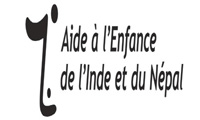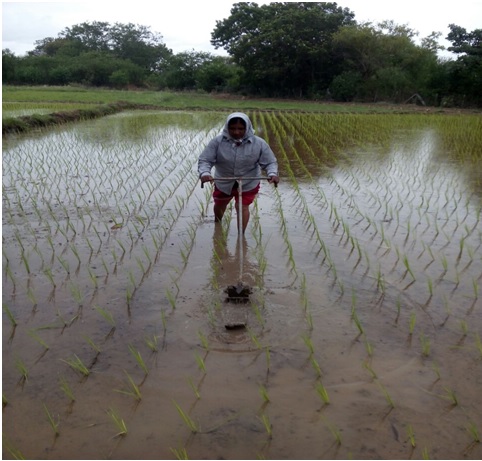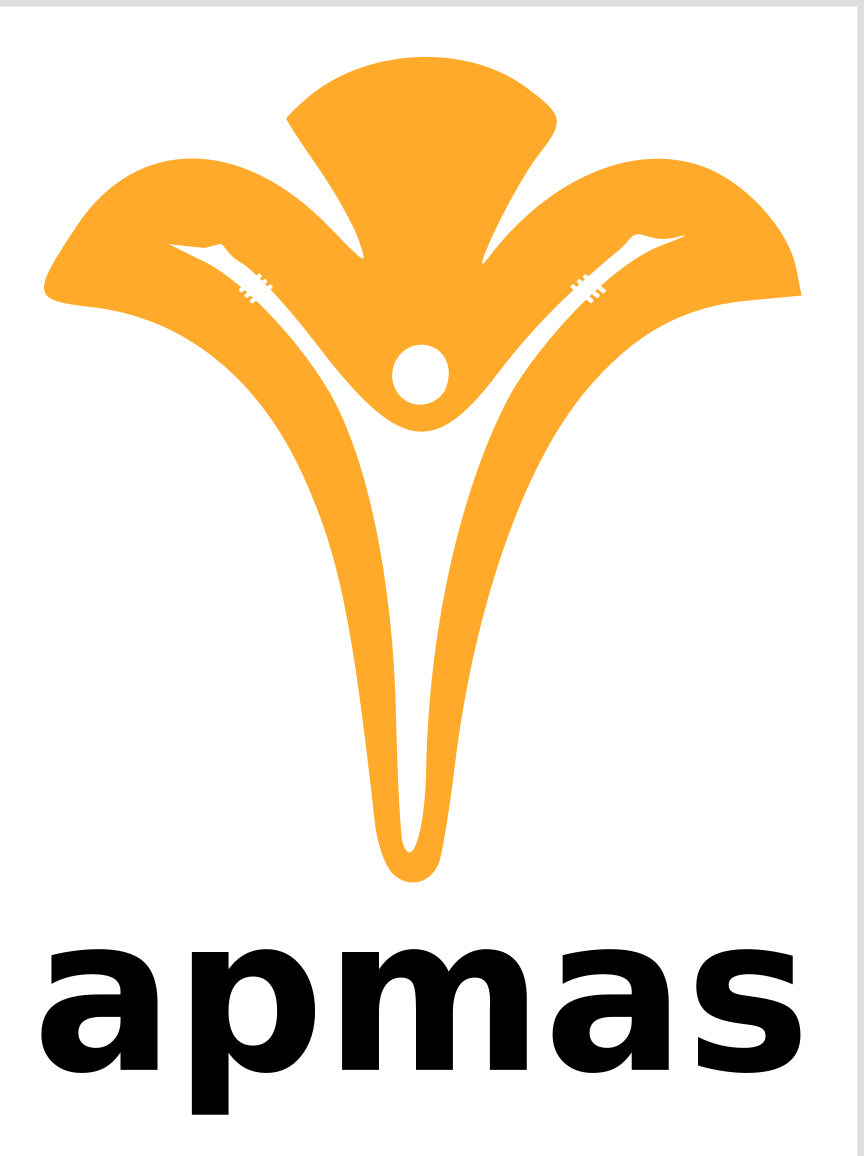
- AGEEWA - brochure
- AGEEWA - Final Outcomes
- MSP- Step by Step Process for FPOs
- Engendering FPOs - poster (English)
- Engendering FPOs - poster (Telugu)
- Engendering FPOs - Brochure (English)
- Engendering FPOs - Brochure (Telugu)

Signing of AGEEWA MoU with GMM and PEACE on 31.03.2017 at Bomalaramaram, Yadadari District
Backdrop
The Food and Agriculture Organization (FAO) estimates that women produce between 60- 80% of the food in most developing countries and are responsible for half of the world’s food production. In India, around 65.1% of female workers are engaged in agriculture sector as compared to only 49.8% of male workers. Within agriculture, across crops and regions, numerous micro-studies show that there are significantly more women-days that go into farming than men-days. As per the NSSO and Census reports an overwhelming majority of Indian women (60-75%) are involved in the agriculture either as ‘cultivators’ or ‘laborers’. Women’s contribution to agriculture, whether it is in subsistence or commercial, when measured in terms of number of tasks performed and time spent, is greater than men. Generally, operations performed by men are those that entail use of machinery and animals. Contrary to this, women always rely on physical labor using only their own energy. Not only are women overworked, their work is more arduous than that undertaken by men. Further, since women’s work is largely based on human energy it is considered as unskilled and hence less productive. As a result, women are invariably paid lesser wages despite working harder and for longer hours.
Gender discrimination runs deeper at many levels. Though women are involved in every aspect of farm work, they are not considered as farmers. They harvest and process the produce, but men largely control the market and income. Women farmers have limited access to inputs, seeds, credits, and extension services and are not provided adequate support through support systems. These gender differences affect the relative ability of female farmers and entrepreneurs to gain from new economic opportunities, representation and decision making.
In India, the discourse on women empowerment has been gradually evolving from seeing women as mere recipients of welfare benefits to engaging them in the development process. The National Policy for Farmers (2007) has acknowledged women farmers’ significant contribution and the need to address the lack of identity, visibility, support, rights and entitlements. The National Women Empowerment Policy 2016 envisages gender equity as an important concern for sustainable agricultural development. Though the policy environment seems to be encouraging, the affirmative action to transform such policies into programmes is inadequate, time-taking and at times completely lacking.
It is in this context felt necessary to work with especially women farmers and mobilise them into institutions for ensuring that their identity as farmers is ensured, and that their rights over resources realized and governments are influenced to make sure that various services and schemes accrue to women in their own right as farmers, women from the suicide farming families, and landless women engaged in various livelihood activities.

Awareness meeting @ Gouripally in Yadagiri gutta mandal organised by PEACE on 17.04.2017
Project Info
| Goal | Achieve gender equality through enabling institutional platforms of the women in agriculture |
| Objective | Promote and strengthen women farmer associations at Panchayat level through promoting innovations and capacity building and advocacy. |
| Location | Ananthapuram and Yadadri district in Telangana. |
| Outreach | 2000 women farmers, belonging to small landholding families with special focus on SC, ST and BC communities and 40 landless women and bringing 1000 acres of land under sustainable cultivation |
| Period | April 2017 to March 2018 |
| Donor | AEIN, Luxembourg |
| Partnership | Accion Fraterna, REDS, GMM & PEACE |
| Team | Project Manager (50%), 4 CBOs, 16 Rythu Mithras |
|
|
|
Project Deliverables

Major Activities and Achievements
Presently the project is in 3rd quarter phase and the major focus is on federating women farmers’ group into mandal level FPOs. Following are the major achievements made till half year of the project:
Major Challenges and Constraints
Way Forward
Trainings & orientations to women FPOs on sustainable agriculture, collective procurement of inputs, collective marketing; leveraging resources from government schemes; supporting advocacy for policy influencing towards empowerment of women farmers; learning & sharing of experiences with wider audience
Photos

Women farmer using manual weeder in Systemic Rice cultivation field in Bomalramaram Mandal, Yadadari district, Telangana

Meeting at Parvathapur village of Bomalaramaram Mandal on 11.05.2017 facilitated by GMM & APMAS

Discussion with women and men on the AGEEWA project @ Kodimi Village by REDS

Orientation cum awareness meeting on AGEEWA project @ Obalulanayepalli village on 27.05.2017 by AF Ecology Centre

Orientation cum awareness meeting on AGEEWA project @ Obalulanayepalli village on 27.05.2017 by AF Ecology Centre

60 women farmers, staff and Rythu Mithras from GMM and PEACE attended exposure visit to Reliance Foundation @Kammareddy on 30.05.2017

60 women farmers, staff and Rythu Mithras from GMM and PEACE attended exposure visit to Reliance Foundation @Kammareddy on 30.05.2017

